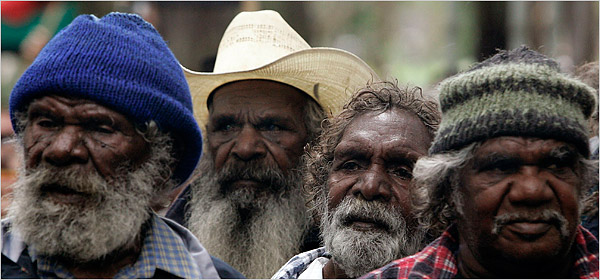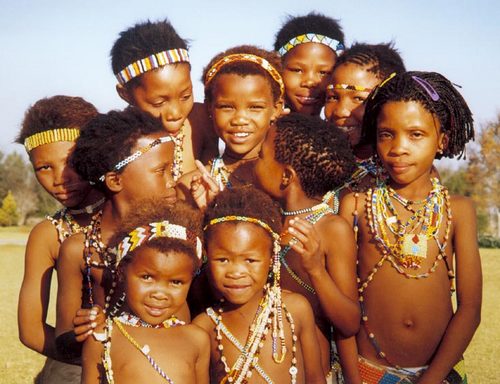This is an argument I see used a lot. The argument for white pride and nationalism. I read and hear it often: "why can't I be proud of my culture?" You can. You have always been able to do so. We have Irish pride celebrations, German drinking festivals and Serbian food festivals. Any European culture you can think of has organizations in North America dedicated to taking pride in their heritage. No one will give them (or you) grief.
However, when you begin to talk about "white pride", we begin to run into some issues. That's not a culture. That's a skin color. There is no white culture, never was. There is no pan-European culture, never was. Europe is a continent, not a culture or ethnicity.
Now, some of you are thinking: "But wait! Black pride! How is that okay?" Go find a black person and ask them if their ancestors were slaves. When you find one who says "yes", proceed to ask them "what country in Africa were your ancestors from?" Do you know what their answer will be? "I don't know." This is because their culture was taken from them. It was beaten out of them. They were enslaved, Christianized, and then white washed. The one unifying feature they have as a people is that history of slavery and that history of being black. They can't have Liberian pride, or Congolese pride, or "insert African country" pride. They have no idea where their ancestors came from other than the broad region of West Africa.
Meanwhile us white people can often trace our ancestors to specific cities and regions. I can trace my mother's maiden name to a single hamlet in England. I know where I came from. I don't have white culture, I have English/German culture. Most black communities do not have that luxury.
However, when you begin to talk about "white pride", we begin to run into some issues. That's not a culture. That's a skin color. There is no white culture, never was. There is no pan-European culture, never was. Europe is a continent, not a culture or ethnicity.
Now, some of you are thinking: "But wait! Black pride! How is that okay?" Go find a black person and ask them if their ancestors were slaves. When you find one who says "yes", proceed to ask them "what country in Africa were your ancestors from?" Do you know what their answer will be? "I don't know." This is because their culture was taken from them. It was beaten out of them. They were enslaved, Christianized, and then white washed. The one unifying feature they have as a people is that history of slavery and that history of being black. They can't have Liberian pride, or Congolese pride, or "insert African country" pride. They have no idea where their ancestors came from other than the broad region of West Africa.
Meanwhile us white people can often trace our ancestors to specific cities and regions. I can trace my mother's maiden name to a single hamlet in England. I know where I came from. I don't have white culture, I have English/German culture. Most black communities do not have that luxury.
Last edited:





